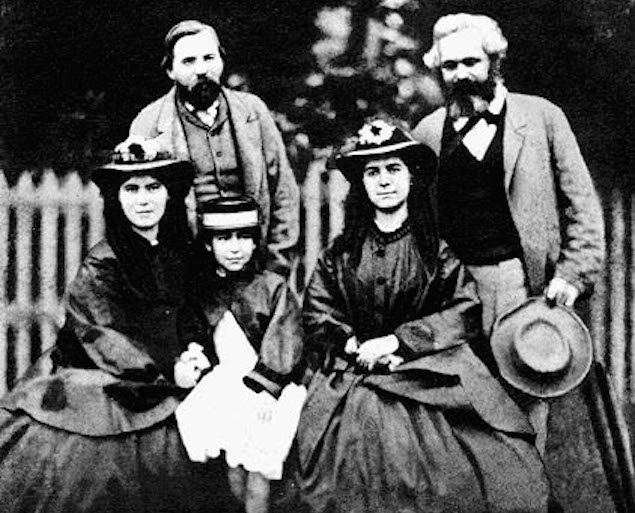The History of Marxism
The History of Marxism: Karl Marx and His Family
🕰️ The History of Marxism: Karl Marx and His Family
Karl Marx’s ideas reshaped world history.The History of Marxism, his personal life was filled with hardship, illness, and loss. Behind the powerful theories of class struggle and revolution lay a story marked by poverty, exile, and family tragedy.
⚙️ The Rise of Marxism
Born in Trier, Germany, in 1818, Karl Marx became one of the most influential thinkers of the 19th century. Alongside Friedrich Engels, he developed the theory of Marxism — a framework analyzing society through class conflict and the means of production.
In works like The Communist Manifesto (1848) and Das Kapital (1867), Marx argued that capitalism inevitably created inequality and would eventually be replaced by a classless society. These ideas became the foundation of global socialist and communist movements.
💔 Life in Exile and Poverty – The History of Marxism
Marx spent much of his life on the run due to his radical beliefs. After being expelled from Germany, France, and Belgium, he settled in London in 1849, where he spent the rest of his life. Despite living in one of the world’s great cities, he and his family suffered extreme poverty.
At times, they depended on Friedrich Engels for financial support. Marx’s study sessions often took place in the British Museum, where he researched economic theory while struggling to feed his family at home.
👨👩👧👦 Family Tragedies – The History of Marxism
The Marx family endured heartbreak after heartbreak. Of Karl and Jenny Marx’s seven children, only three daughters survived to adulthood.
Jenny Caroline died of bladder cancer in 1883.
Laura Marx and her husband, Paul Lafargue, committed suicide together in 1911, believing their usefulness to the socialist cause had ended.
Eleanor Marx, the youngest, was an activist and writer who tragically took her own life in 1898.
Jenny von Westphalen, Marx’s devoted wife, also suffered years of ill health before dying in 1881 — only two years before Marx himself.
🌍 The Legacy of Marxism
After Marx’s death in 1883, his ideas spread across Europe and beyond, influencing revolutions and political systems throughout the 20th century — including in Russia, China, and Cuba.
While Marx envisioned a society of equality and shared prosperity, many regimes that claimed his influence became authoritarian and repressive. This contrast between his theoretical ideals and historical outcomes remains one of the central paradoxes of Marxism.
🕊️ Our Take:
Karl Marx’s intellectual power changed the course of modern history, yet his own life was defined by struggle. The personal suffering endured by him and his family underscores the human cost behind one of history’s most transformative, repressive and controversial — ideologies.


